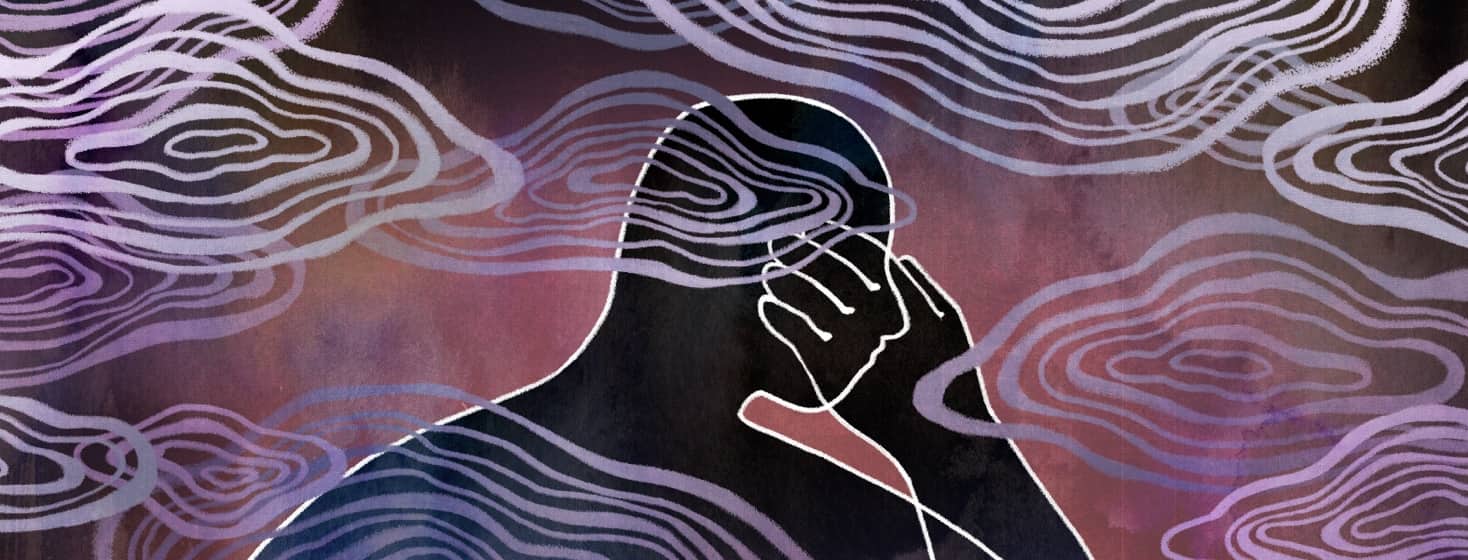We Need to Be Talking About Medical PTSD
I have been lucky to meet many courageous, intelligent, and resourceful fellow patients online over the years. They are some of the most compassionate and helpful people I’ve ever come across. And what close to all of us share, besides the medical conditions that unite us, is some form of medical trauma or medically-induced post-traumatic stress that we’ve suffered while navigating the healthcare system.
Within our circles, we use the term “medical PTSD” to describe the serious psychological impacts of our harrowing medical experiences. But I’ve never heard a mental health professional use this term. I had actually never heard it discussed anywhere other than our private conversations where we swap patient war stories or on our social media accounts. After reading up on it, I’ve learned that medical PTSD is very real, and grossly under-recognized and under-diagnosed. Here are some of the very valid reasons we have it.
We feel unsafe in our bodies
I once heard trauma described as any life-altering event that you’re not prepared for. That is the essence of a chronic illness diagnosis. You don’t get a warning before it takes hold of your body and upends your life. Chronic illnesses are incurable and, for many, progressive. So they're here to stay, expected to worsen, and unlike other traumas, the threat comes from inside your own body. This means you can't ever escape the threat. It's an ongoing, omnipresent stressor.
You never feel totally safe—from the next flare, the next medication side effect, the next hospitalization, even the next diagnosis. It's easy to panic about every new pain or twinge, which is a trauma response defined as hyper-vigilance. Is it ominous, a sign of the disease worsening, or just a fleeting symptom?
We’ve been misdiagnosed, doubted, or dismissed
What can be even more traumatizing than our ruthless conditions is how we are treated as we are desperately trying to get help. Most chronically ill people I know have been misdiagnosed, leaving them to suffer with worsening health for months or years, or dismissed by doctors at some point, even with a diagnosis documented in their chart. Most of us look “fine” on the outside. And we would, of course, because our illnesses are invisible.
Medical professionals have doubted me when I reported severe pain, even though my imaging showed significant joint and bone damage from my disease. Women especially are often labeled “anxious” or “difficult” when reporting intractable symptoms, as if these conditions are simple to manage. Rushed 15 minute appointments are the standard, and they lead to medical errors. This is not to take away from the superhuman work doctors do. So many of us owe our lives to them. But you can appreciate and revere them, as well as the healthcare system, while pointing out the irrevocable harm they inflict on patients. Two things can be true at the same time.
We’ve endured failed treatments
Chronic illness is a merry-go-round of never-ending doctor’s appointments, tests, and procedures. And there is often no single answer, medication, or treatment to make it better. In many cases there are only a handful of medications to try before you’re out of options. Three of the six approved biologics that treat my disease have failed. And I felt utter defeat with the loss of every one. I shudder to think of what I’ll do if I run out of options. It's a mental burden I desperately wish I didn’t have to carry.
We’ve survived scary complications
Once you go through a scary side effect or complication, you realize that any number of things can go horribly wrong with the human body. Most of us remember the smells, images, sounds, and sensations from the moments we felt the most helpless—or even felt close to death—because that trauma leaves an indelible mark on our psyches. I remember the smell of hospital antiseptic, my body recoiling at the push of a needle or IV, the deafening booms of an MRI machine, hospital gowns, and freezing, barren exam rooms.
The memories are visceral, haunting, insidious—and the constant re-exposure to medical environments only ingrains them deeper. Oddly, it hasn’t gotten easier for me to show up to appointments the longer I’ve been a patient. It’s gotten harder because of the traumatic flashbacks and crippling anxiety I feel in healthcare settings.
We need everyone to know that PTSD as a result of medical trauma is real. We need affordable or free mental health services to cope. And we need healthcare reform in order to prevent many levels of medical harm. Above all, we need awareness and support.

Join the conversation